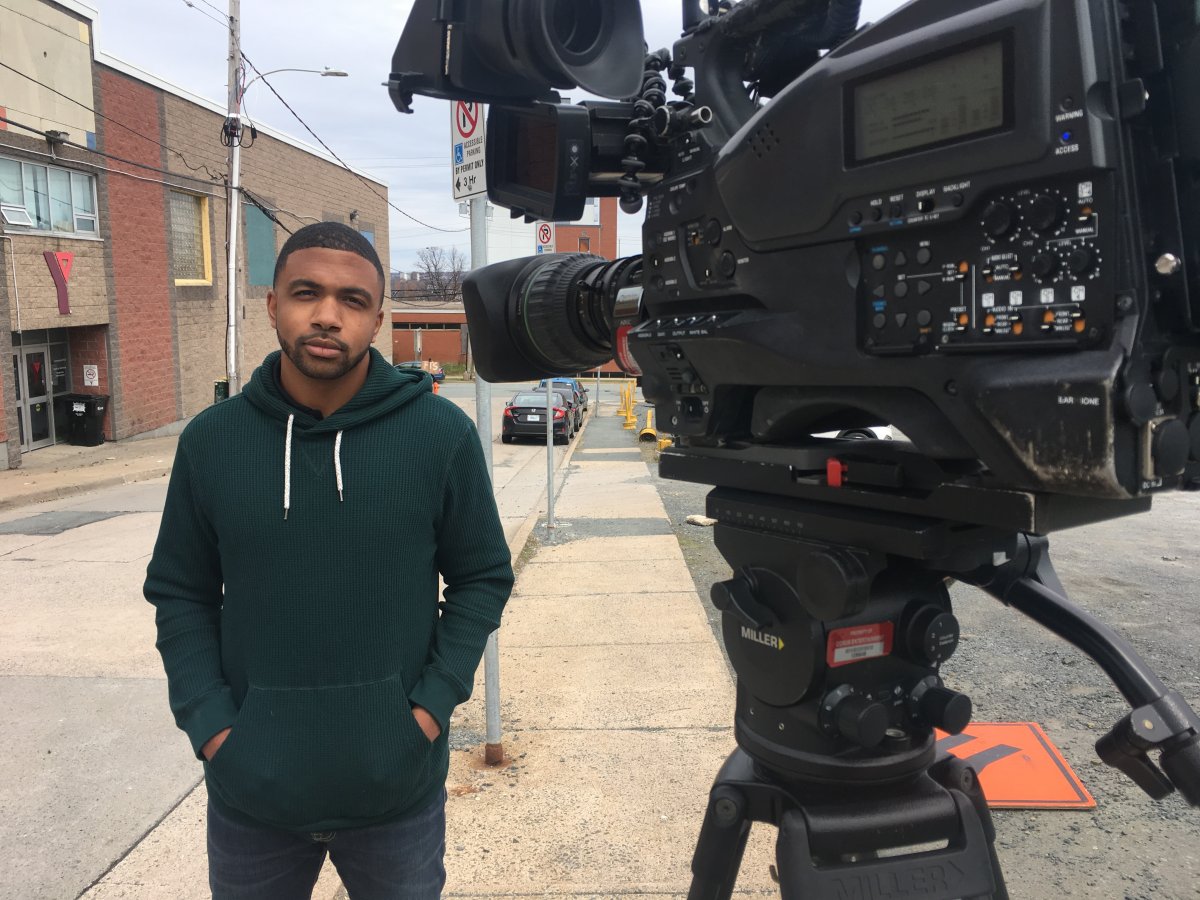It’s hard for a lot of families to talk about what will happen next if one of them dies, and it’s a conversation that an anti-racist group in Halifax is encouraging people to have.

GameChangers902, a grassroots organization whose goal is to challenge injustice and centralize the African Nova Scotian experience, is offering a free-of-charge will drafting and estate planning service with the goal of having people in marginalized communities prepared.
“When people are passing away in the community, their estate and their affairs are not always in order. And so we understand, even historically, that folks were given land and they didn’t have a will and a deed and whatnot,” said DeRico Symonds, co-founder of the group.
“And so we really want to counteract some of that historical stuff that has been happening, but also prepare people for the future,” he added.
READ MORE: Nova Scotia bill to speed up land title claims in African Nova Scotian communities
The service is being offered in partnership with McInnes Cooper, a law firm in Halifax that for many years has also provided legal services to members of the BIPOC communities who may have financial or social barriers in accessing these services.
But the African Nova Scotian community is of particular interest, said Catherine Watson, a partner with the firm and leader of the firm’s regional Estates and Trusts Service Group.
“I would say from a will’s perspective, which is my area of practice, this community is of particular interest because it is a community that historically has not had written wills in place,” Watson said.
She said this has led to significant issues in the province that are currently being dealt with by the Land Titles Initiative.

According to African Nova Scotian Affairs, the Land Titles Initiative is a government-led commitment to help residents in the communities of North Preston, East Preston, Cherry Brook/Lake Loon, Lincolnville and Sunnyville get clear title to their land.
For more than 200 years, many African Nova Scotians have been living on land passed down by their ancestors without clear land title. Without clear title, they can’t get a mortgage, bequeath or sell their land, or access housing grants.

Get breaking National news
According to the Nova Scotia Board of Registration of Embalmers and Funeral Directors, about 70 per cent of people in the province don’t have one.
By providing this service free of charge through their organization, Symonds said more people would be willing to make a will.
“With the partnership that we have with McInnes Cooper, we want to make the information accessible,” Symonds said.
READ MORE: N.S. announces $3M fund for land title claims in African Nova Scotian communities
The law firm presents the information in a way that allows people to understand the default beneficiaries in the province’s estate legislation, which Watson explains, is based on the premise a person is married and has kids.
“The default in the legislation does not accommodate blended families or common-law couples or anything like that,” she said.
“If a married spouse dies and there are children, people often think everything will go to the spouse if there’s no will, but there’s actually a division between the spouse and children,” Watson added.

She said that this is something that is not well understood and that the law firm tries to get across in their presentations.
On top of that, if someone dies without a will in Nova Scotia, someone from their family must apply to the court for “permission to act” and distribute the estate in the way the legislation says it should, which is expensive and time-consuming.
“I always tell people that that’s the most expensive and least efficient way to die, because you haven’t taken the opportunity to streamline the process by having the Will and naming an executor,” Watson said.
As part of making a will, Watson said people should also have a power of attorney that appoints someone to make their financial and medical decisions if they happen to go into a period of incapacity.
READ MORE: ‘We have done as much as we can’ — How the pandemic is affecting Black entrepreneurs in Nova Scotia
“The problem here is that if you do not have someone appointed, especially on the financial side, and you have a prolonged period of incapacity, then in order for someone to deal with your finances, pay your bills, and all of that stuff, someone will need to apply to the court,” Watson said.
“And that is complex and it’s the last thing you need to do if you have a loved one who all of a sudden is incapacitated,” she added.
In learning more about the importance of making a will, Symonds said he’s definitely planning to make one.
“I can fully admit that it wasn’t something that was top of mind. However, I can say personally within my family, there are land disputes and estate disputes because folks were not prepared,” he said.
“And I want to avoid that for myself personally and in my immediate and wider family.”
Symonds said people can reach out to GameChangers902 to learn more about the service.






Comments